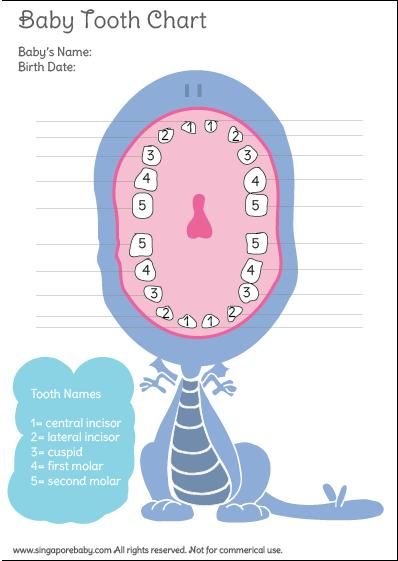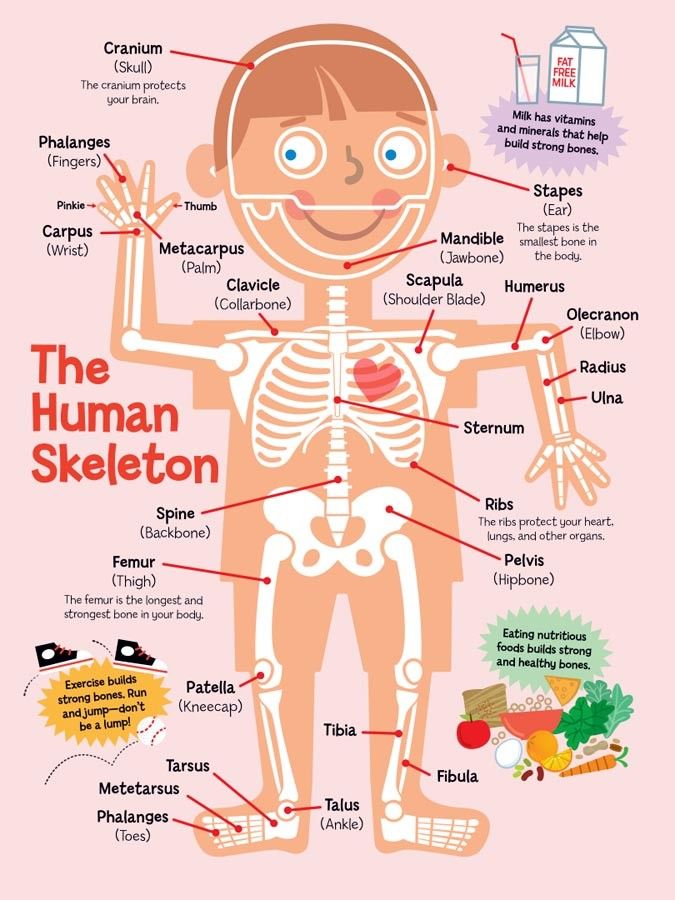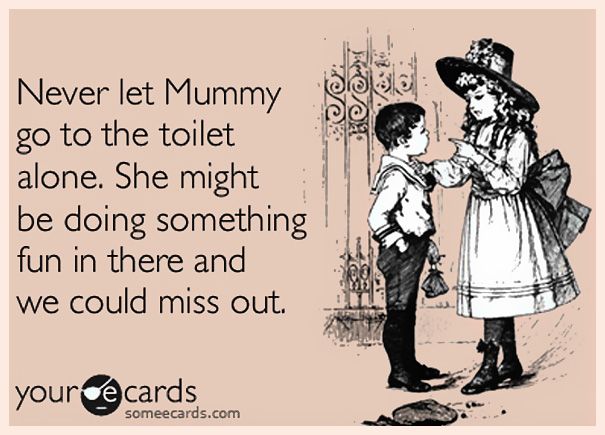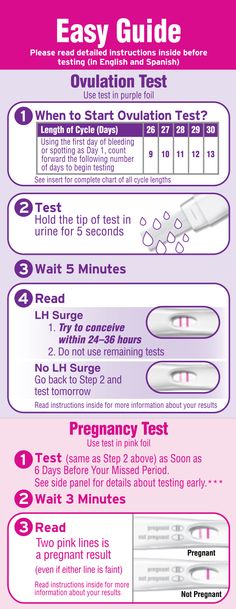3 week old sleeps a lot
What is normal and what to do
Most newborns spend more time asleep than they do awake, but their sleep may happen in small chunks or on an irregular schedule.
Managing a newborn’s sleep is one of the most challenging tasks associated with looking after a newborn.
Newly born babies are not accustomed to schedules or the rhythms of a typical day and night. For this reason, they might not sleep at what many people consider to be the appropriate times.
Some people may worry that their baby is sleeping too little or too much. Anyone who is concerned about a baby’s sleep habits could try keeping a sleep log. They might find that the newborn is sleeping much less, or much more, than they thought.
This article discusses how much and how often a newborn baby should sleep.
Most newborns sleep for around 8–9 hours during the day and 8 hours at night. Most also wake up at least every 3 hours to feed.
However, this timing varies widely. Some newborns may only sleep for 11 hours per day, while others may sleep for up to 19 hours per day. Also, newborns may sleep more or less than usual when they are sick or when they experience a disruption to their regular routine.
Most newborns also do not sleep in one stretch. They usually sleep for only about 1–2 hours at a time, though some may sleep a little more or less than this. In the first couple of weeks, it is normal for a newborn to wake up to feed and then go right back to sleep.
As newborns grow into infants, they begin to develop a schedule. They eventually start sleeping longer at night, though they may still wake several times to feed.
By the age of 6 months, 90% of babies sleep through the night. Even then, though, there is a significant variation from baby to baby.
A baby occasionally sleeping for longer than usual is not a cause for concern unless there are other symptoms.
In general, it is uncommon for a newborn to consistently sleep through feedings or to sleep for longer than 19 hours per day unless they are ill or are having feeding difficulties.
Some of the most common reasons that healthy babies sleep for longer than usual include the following:
- They may experience a growth spurt or developmental leap.
- They may have a minor illness, such as a cold.
- They may have a serious infection. This is rare, but it can happen. A newborn might not have a fever or other symptoms of illness like an older baby might.
- In very rare instances, a baby may have another medical condition that causes them to sleep too much. Breathing and heart disorders may affect sleep, and premature babies often have different sleep patterns from full-term infants.
- Some babies sleep too much because they have jaundice. A newborn who has jaundice will have a yellow color to their skin and a yellow cast to the whites of their eyes. Other symptoms of more severe jaundice include being lethargic, having difficulty eating, and being fussy or irritable.
- Sometimes, babies may sleep too much because they are not getting enough to eat.
 They may get dehydrated, lose too much weight, and even experience a failure to thrive.
They may get dehydrated, lose too much weight, and even experience a failure to thrive.
The latter could happen if there is a problem with nursing because a breastfeeding, or chestfeeding, person cannot measure how much their baby is eating compared with a person who is formula feeding. They rely on external signs, such as the baby’s weight gain and diaper output.
However, in the early stages — especially for first-time parents — the signs of a potential problem may be easy to miss.
The good news is that early intervention from a pediatrician and nursing consultant can ensure that a baby is getting enough food and reassure people that breastfeeding, or chestfeeding, is possible.
A baby, whether breastfed, chestfed, or formula fed, may not be getting enough to eat if the following apply:
- They seem very lethargic and unresponsive.
- They are 14 days old and have not retained their birth weight.
- They are more than 6 weeks old and are consistently gaining less than 4–6 ounces per week.
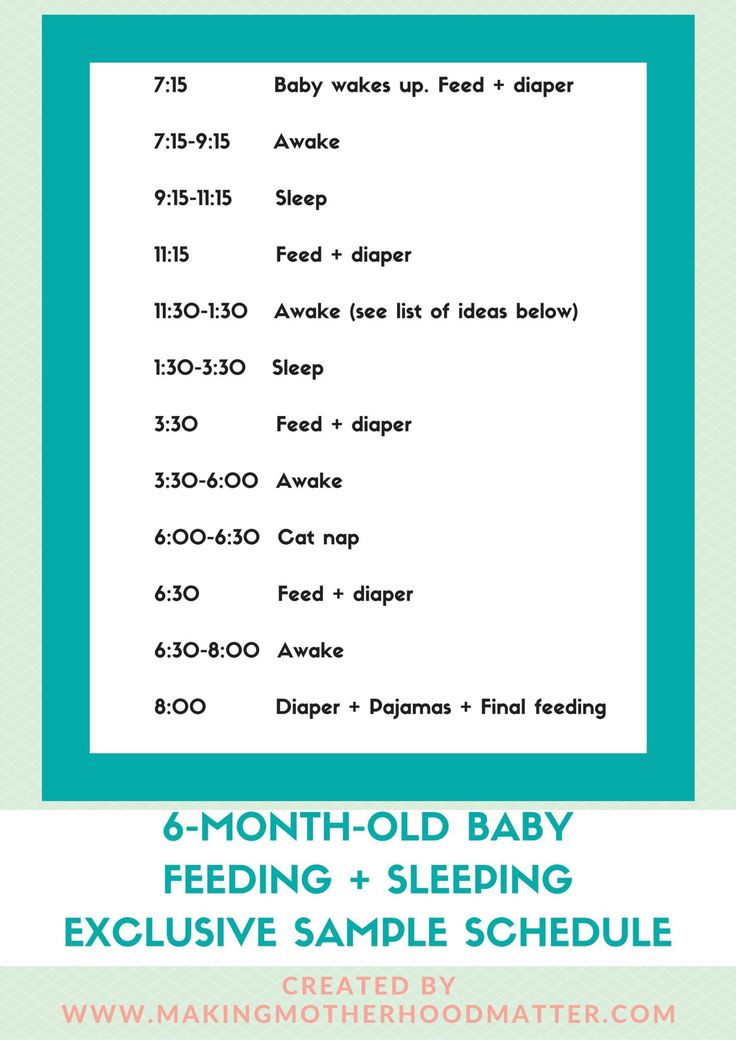
- They are producing fewer than four very wet diapers per day.
- They do not seem calmer after eating.
Newborns often cluster-feed, which means that they may eat several times over the course of 1–2 hours or nurse for an extended period. Most newborns should eat every 2–3 hours (or eight to 12 times every 24 hours) or more if a pediatrician recommends so or if the baby is not gaining enough weight.
Feeding a newborn whenever they show hunger cues — such as rooting, sucking, or sticking out their tongue — is the best way to ensure that they get enough food.
It is not necessary to wake most older newborns up to eat. However, those younger than 1 month old or so may not wake up when they feel hungry. Babies younger than 4 weeks old should not go longer than 4–5 hours without food.
To wake a baby up to eat, try brushing the side of their cheek. This can trigger the rooting reflex. Most babies dislike having their feet stroked. So, if stroking the cheek does not work, try gently wiggling the baby’s toes or gently stroking the bottoms of their feet.
Food needs vary from baby to baby. Parents and caregivers should consult a pediatrician or nursing expert, who can offer individual advice based on the needs and development of the baby.
Usually, a newborn who appears to be sleeping too much is just sleeping on an irregular schedule.
Nevertheless, health issues such as respiratory infections that are minor annoyances in older babies can be much more dangerous in newborns. So, anyone who is concerned about a baby’s sleeping schedule should consult a pediatrician.
Some strategies to try before calling the doctor include:
- feeding the baby every time they show hunger cues
- offering the baby the breast, the chest, or a bottle every 1–2 hours to ensure adequate food intake
- making sure that the baby is not too cold or too hot
- keeping a log of the baby’s sleep schedule for 1–2 days
When in doubt, contact a doctor. Only a doctor can accurately determine the reason that a newborn is sleeping too much. In many cases, a pediatrician may be able to assess the problem over the phone.
In many cases, a pediatrician may be able to assess the problem over the phone.
Excess sleep in a newborn is not typically an emergency unless they also show signs of respiratory problems. Call a doctor or go to the emergency room if the following apply:
- The baby is gasping for air or wheezing.
- The baby’s breathing is very loud.
- The baby’s nostrils flare when they breathe.
- The skin around the baby’s ribs sinks in when they breathe.
- The baby has a fever.
- The baby may have inhaled, touched, or eaten something toxic.
Finding the rhythm of a newborn’s sleeping pattern is a constant challenge. Most babies settle into a comfortable routine sooner or later. Parents and caregivers should eventually understand what is and is not normal for their baby.
It is common to worry about a baby’s sleep. This concern often helps people detect problems early and encourages them to seek expert advice when necessary.
Anyone who is worried that a baby may be sleeping too much should talk with a pediatrician.
Newborn Sleeping Too Much: Is This Normal?
Newborn sleeping routines can be puzzling to new parents. As your baby gets used to life outside the womb, they might have trouble adjusting to a daily routine.
You might wonder if they’re sleeping too much, or too little. Here’s a look at what to expect from your newborn’s sleep patterns in their first few weeks of life.
In the comfort of the womb, your baby spent a lot of time sleeping. They were surrounded by warmth, and lulled by your voice.
Once born, your baby might sleep for most of the day.
Newborns have small stomachs, so they get full quickly. Whether you’re breast-feeding or formula-feeding, being held close and comfortably enhances their sleepiness. This can cause them to fall asleep before they’re full. As a result, they might wake up often to eat.
But if your baby sleeps for long stretches, and it seems they’re doing so at the expense of getting up to eat, what then?
After an initial post-birth drop in weight, expect your newborn to settle into a feeding routine. They’ll gain back the weight, and most babies grow steadily from then onward.
They’ll gain back the weight, and most babies grow steadily from then onward.
You can monitor your baby’s growth progress by keeping track of their feedings and dirty diapers. Your pediatrician will also weigh them at each checkup.
Over 24 hours, most babies need approximately 25 ounces of breast milk. That volume will stay fairly constant for the first six months of life, except during growth spurts. You should see your baby’s weight increase, while the number of feedings per day will decrease. They’ll get stronger, and their stomach will get bigger.
Formula-fed babies have a slower rate of feeding than breast-fed babies. They stay full longer, so they’ll feed less often.
Some babies are better sleepers than others. They might not wake up for meals in favor of sleep, though. You’ll need to be extra careful during the first couple of weeks and assess their progress.
Keep an eye on your baby’s diapers. Their urine shouldn’t be too yellow (darker yellow is a sign that baby isn’t drinking enough), and there should be an adequate number of stools of the right color. Mustard in color and seedy texture are normal.
Mustard in color and seedy texture are normal.
A baby who doesn’t sleep enough will be clingy and whiny. Or, they might be hyper and hard to soothe. A sleepy baby doesn’t have these issues, but can make parents antsy by sleeping too soundly.
It takes at least six months for a baby to establish their own circadian rhythm. But if yours seems to be oblivious to any differences between night and day, a bit of help might be just what they need to get used to feeding at regular intervals and thriving.
If you’re dealing with an overly sleepy baby, you’ll first need to make sure there are no medical issues causing them to sleep all the time.
Jaundice, infections, and any medical procedures, such as circumcision, can make your baby sleepier than usual.
Your pediatrician will check if your baby is gaining enough weight. If not, you might need to wake them up to eat every three hours (or more) depending on your doctor’s recommendations.
Here are some things you can try to promote regular sleeping (and feeding) schedules:
- Take your baby out for walks during the day so they will be exposed to natural light.

- Develop a calming evening routine that includes a bath, massage, and nursing.
- Try removing some layers of clothing so they’ll be less warm and wake up when it’s time to feed.
- Try touching their face with a wet washcloth, or lift them up to burp before moving them to the other breast.
- Too much stimulation during the day can make your baby overtired. They might fall asleep despite being hungry.
You can also try to monitor their rapid eye movement (REM) sleep stage. This is the light sleep stage.
During REM, you should be able to wake up your baby more easily than when they move to a deep sleep stage. But keep in mind that light and deep sleep stages alternate more often in babies than they do in adults.
If your baby is gaining weight steadily after a few weeks, but still sleeping a lot, try to relax. Accept the fact that you might simply be dealing with a good sleeper. Try to enjoy it while it lasts. You should catch up on your sleep, too.
“For the first two or three weeks after birth, most babies do little but eat and sleep. But they should be waking up for at least 8 to 12 feedings per 24 hours. After three weeks, sleep patterns are more variable, with some babies sleeping longer stretches than others.”
— Karen Gill, MD, FAAP
Article | How much sleep do healthy babies get?
Popular wisdom says: "In any incomprehensible situation, go to bed" and "Morning is wiser than evening." These proverbs were born only when observing babies. Indeed, sleep solves many problems for them. He slept a little longer - and everything is fine with him, he got stronger, grew up and wakes up in a good mood. Why is that?
Why sleep is so important
Sleep is not just a time of rest when nothing happens to us. This is a whole complex of mechanisms invisible to the eye, the work of which goes according to a certain scenario. Sleep should be treated with respect and attention. Sleep time should never be sacrificed. Sleep deficiency in an adult causes a 45% decline in working capacity, and chronic sleep deprivation can lead to depression, overeating, behavioral changes, irritability, and reduced immunity.
Sleep time should never be sacrificed. Sleep deficiency in an adult causes a 45% decline in working capacity, and chronic sleep deprivation can lead to depression, overeating, behavioral changes, irritability, and reduced immunity.
If you don't get enough sleep, your mood will be bad and your child will have to deal with a lethargic and irritable mother. Sleep deprivation is one of the main problems of young parents. A newborn does not always sleep "baby sleep" all night, which means that they themselves cannot sleep. On the one hand, all modern parents already know that in the first year of a child's life they will not sleep much. On the other hand, there are things you can do for your own health and for the health of your baby. Namely, try to improve his sleep, especially at night. How to do it?
Hours of sleep and wakefulness
It is not in vain that the baby spends almost all his time in sleep. It is at this moment that it grows and develops: in the first 2 hours after falling asleep, growth hormone is actively produced. Quality sleep protects the psyche from overwork, strengthens the immune system. It is known that children with improved sleep get sick 30% less. Children's sleep is so important that it will easily overtake all other worries and affairs in the list of priorities. Elena Muradova, a certified consultant on children's and family sleep, suggests such a distribution of the phases of wakefulness and sleep by months.
Quality sleep protects the psyche from overwork, strengthens the immune system. It is known that children with improved sleep get sick 30% less. Children's sleep is so important that it will easily overtake all other worries and affairs in the list of priorities. Elena Muradova, a certified consultant on children's and family sleep, suggests such a distribution of the phases of wakefulness and sleep by months.
The table is based on observations of the sleep of healthy infants. It's an average, but it's easy to get an idea of how kids sleep most of the time. Of course, these are not strict norms, but a guideline for parents.
Rhythm of life
Despite the fact that opinions about feeding and sleeping strictly by the clock have long and irrevocably been divided, and habits and way of life in each family are individual, the regimen is still useful to everyone. Both children and parents. The regime is not like a rigid schedule, but like a logical alternation of different phases. It is noticed that the child prefers the predictability of repeating cycles. Thus, biorhythms are easier to establish, which will ensure a healthy rhythm of life, comfortable for both the child and all family members.
It is noticed that the child prefers the predictability of repeating cycles. Thus, biorhythms are easier to establish, which will ensure a healthy rhythm of life, comfortable for both the child and all family members.
If you want to fine-tune the daily routine, the best way to do this is to observe and perhaps record how the child behaves during the day. And here there is one secret - to catch the moment, which experts call "window to sleep". During this period of time, the baby is just starting to get tired, but is still in a good mood. As soon as you see that the child's natural activity is waning, you urgently need to leave everything and try to put the baby to sleep.
Signs of fatigue
- Baby rubs eyes;
- yawns;
- naughty;
- his mood deteriorates;
- loses interest in the environment;
- turns away;
- becomes less mobile;
- pulls the ear.
If you do not catch these signs and skip the first stage of drowsiness, then overexcitation may occur, the baby will begin to act up, cry, not breastfeed, refuse to fall asleep.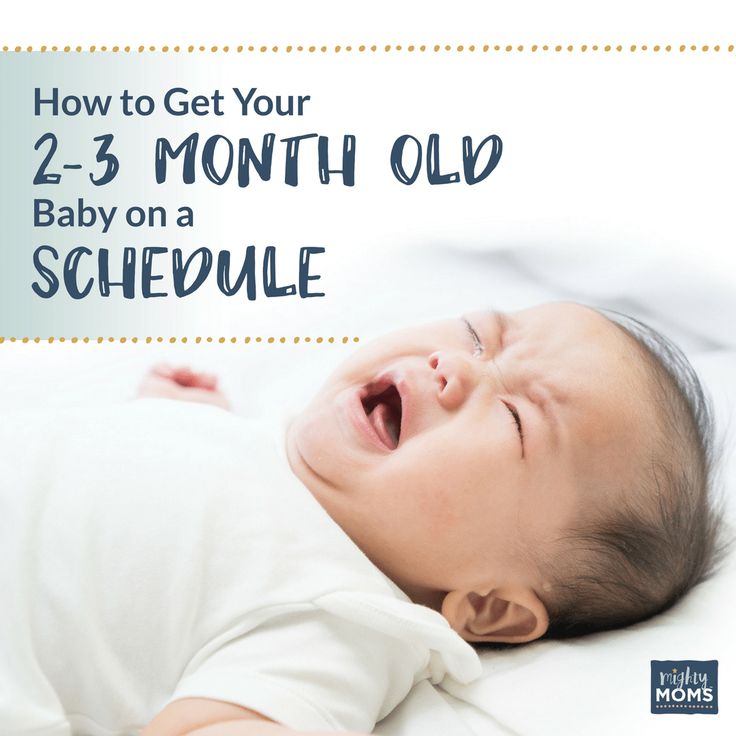 At the moment of danger, an ancient mechanism is activated that prevents sleep: the adrenal glands release hormones into the blood, and at this moment a "second wind" opens. In this state, it is very difficult to put the baby to sleep! Of course, fatigue will take its toll, and the baby will fall asleep, but perhaps already with hysteria and tears. So it is important to catch the moment before the “window to sleep” closes.
At the moment of danger, an ancient mechanism is activated that prevents sleep: the adrenal glands release hormones into the blood, and at this moment a "second wind" opens. In this state, it is very difficult to put the baby to sleep! Of course, fatigue will take its toll, and the baby will fall asleep, but perhaps already with hysteria and tears. So it is important to catch the moment before the “window to sleep” closes.
A helpful ritual
Children love it when things happen in sequence, and always in the same order. So they are calmer and they feel safe. This directly applies to the main infant activity - sleep. You need to develop a clear bedding ritual and always stick to it. Dim the lights in the room where the baby will sleep, avoid harsh sounds. A good sleep is where it is quiet, dark, comfortable temperature, and the air is fresh.
By the age of 3 months, you can develop a sleep-wake cycle that is comfortable for you and your baby. With age, the number of episodes of daytime sleep decreases and the main sleep occurs at night. Usually it is 5 hours without waking up for night feedings.
Usually it is 5 hours without waking up for night feedings.
Parent traps
Should a child be rocked? Is it possible to teach a child to fall asleep on his own? How long should the laying ritual last? There are no "correct" answers to such questions. Everyone needs a bedtime ritual, but what exactly it will be depends only on you. What you accustom yourself and your child to will happen day after day.
When your baby is 6-8 weeks old, start giving him a chance to fall asleep on his own. How? Put him to bed when he's sleepy but still awake, experts advise.
The bedtime ritual marks the beginning of sleep, introduces the baby into it, relaxes, fills it with love. Sleep experts advise against rocking or feeding your baby before bed. Parents think that if they start training the child too early, it will not work. But this is not so. Babies develop sleep habits. If you rock your baby before bed every night for the first 8 weeks, why should he expect anything else later?
It is important that the child falls asleep where he will sleep. His consciousness remembers the circumstances of falling asleep, and if he suddenly wakes up by accident, he will not understand where he found himself. Anxiety will awaken him completely, and you will have to start all over again. Such associations associated with sleep begin to form in a child from 4 months.
His consciousness remembers the circumstances of falling asleep, and if he suddenly wakes up by accident, he will not understand where he found himself. Anxiety will awaken him completely, and you will have to start all over again. Such associations associated with sleep begin to form in a child from 4 months.
There is another mistake that inexperienced parents make: they think that if they put the child to bed later, he will not wake up too early in the morning. At first glance, this is a good idea - teenagers, for example, when they go to bed late, the next day they sleep until noon! Unfortunately, this does not work with young children. The biological clock is a powerful force that wakes young children up at the same time every morning, no matter what time they fall asleep in the evening. Parents who put their child to bed late will get a tired and lethargic baby with signs of apparent lack of sleep the next day. Do not neglect the regime! The child must sleep through the hours of the night assigned to him.
What determines a child's sleep
Once again, we emphasize that the norms of children's sleep are indicative and each child needs his own number of hours of sleep. What does it depend on?
Genetic features or hereditary predisposition. All people are divided into long-sleepers and short-sleepers. Those who get enough sleep for 8-10 hours of sleep are long-sleepers, while those who need 6-7 hours of sleep are short-sleepers. This feature is passed on to your baby. But not only genetics affects the need for sleep.
Activity while awake. When you work harder, you need more sleep to recover. If a child has received too many new experiences during the day, then he will sleep longer. If the child spent the day calmly, then, most likely, less sleep is needed.
State of health. When unwell, children sleep more and recover in sleep.
Sleep conditions. It has been proven that at a lower temperature, in darkness and with sufficient oxygen, sleep is better.
Sleep preparation can be stimulating or relaxing. Choose the right evening ritual.
IMPORTANT: Children under 5 years of age usually do better if they live on an early schedule, according to the body's biological clock.
And this means that the child should go to bed early and get up early. Then the children wake up fully asleep and in a good mood.
Wake up sleepyhead
Most often, parents sound the alarm when the baby does not sleep or sleeps poorly. But if the child sleeps a lot, parents are usually happy and rarely ask for help. But in vain: a baby under 1 month old who sleeps too long can suffer from dehydration and lose weight. If a baby older than 1 month sleeps more than usual, you need to observe him for a week and not rush to conclusions. If too much sleep is observed for 7 days or more, you should contact a neurologist to check the functioning of the nervous system.
If you can't manage your baby's sleep on your own, contact a sleep consultant. Children's sleep experts will analyze your regimen, sleep conditions and fall asleep and give all the necessary recommendations. The main criterion of the norm is always the good health of the baby, smiles and cheerfulness.
Sources:
Family Tree Parent Club
Project “Sleep, baby. Sleep training
Baby Sleep Center for Children's Sleep and Development
Online School of Motherhood and Childhood Happy Mom
Fees des bebes magazine
How long does a newborn sleep - Matroskin
How to understand that the child sleeps as much as he needs, and his sleep pattern is not disturbed due to some reason? How to stop worrying about this, if each child is an individual, and there are no strict norms for sleep time? When should you start teaching your baby to distinguish between day and night? When should you start teaching yourself to fall asleep? What is the best way to prepare a child for sleep so that he falls asleep without problems?
All these questions concern young parents in whose house the first-born has appeared. You will find answers to them in this article. Here all the nuances regarding the sleep of a newborn are considered. And the most complete information is collected. After reviewing it, you will be ready to create a sleep ritual, set an individual sleep schedule, etc.
You will find answers to them in this article. Here all the nuances regarding the sleep of a newborn are considered. And the most complete information is collected. After reviewing it, you will be ready to create a sleep ritual, set an individual sleep schedule, etc.
The article details the features of a child's sleep at different ages, from birth to 2-3 years, broken down into three-month periods. The features of behavior and sleep of each age group are described in great detail, in an exhaustive volume.
Read this article and get the information you need in full.
A number of factors affect the duration and quality of a child’s sleep:
— physiological state of health;
— psychological health;
- temperament;
- schedule.
If the baby is healthy, he is in good health, he is active and alert, but at the same time, he sleeps less than recommended, there is no reason to worry. Of course, if we are talking about minor deviations.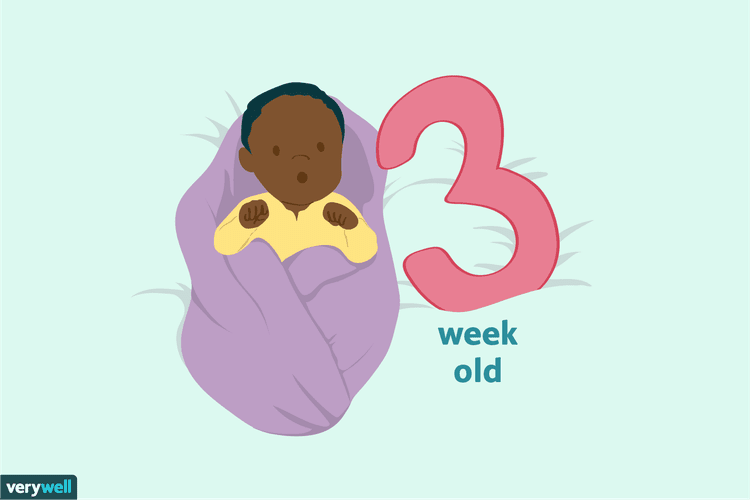
INFANT SLEEP FROM BIRTH TO 3 MONTHS
During the first few weeks of life, the child sleeps as much as possible - up to 18 hours a day, closer to three months this period is reduced to 16-17 hours.
At this age, the average duration of one sleep session of the baby will be no more than 4 hours, regardless of the time of day. So, mom will have to forget about a full-fledged eight-hour sleep. The main tasks at night are feeding, swaddling, during the day - playing, learning.
To help your child acquire proper sleep habits, you need to follow some guidelines.
Look for signs of baby fatigue.
Until the first two months of life, the child will not be able to stay awake for more than two hours in a row. If his activity lasts more than the specified time, overwork will set in, and the mother will have to face whims and possibly even tantrums that will not allow the child to sleep well.
It is important to learn to recognize the signs of baby sleepiness:
- the appearance of faint dark circles under the eyes;
- the baby pulls his ear;
- rubs eyes.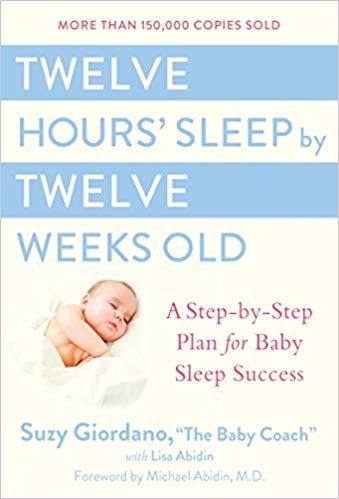
After a short period of time, the daily rhythm of the child will become systemic, and the mother will instinctively understand when he wants to sleep.
The baby must understand the difference between day and night.
Already at the stage of pregnancy, many women can notice that their baby is an owl. For example, parents turn off the light, but the child continues to be active. After 10-15 days of life, you can teach him to distinguish between day and night. During the day, mom should play with him, the lights should be on in the house, and everyday household noise should not be reduced (TV, washing machine, phone ringing).
At night, games should be stopped, noise should be minimized, lights should be dimmed, and games should be limited.
The child must learn to fall asleep on his own.
When an infant reaches the age of 6-8 weeks, he must learn to fall asleep without assistance. When the baby shows signs of fatigue and drowsiness, just put him in the crib. Motion sickness and feeding before bedtime quickly lead to addiction, the mother will not have time to come to her senses, as the child will get used to this way of falling asleep and it will be extremely problematic to wean him from this.
Motion sickness and feeding before bedtime quickly lead to addiction, the mother will not have time to come to her senses, as the child will get used to this way of falling asleep and it will be extremely problematic to wean him from this.
HOW LONG DOES A 3-6 MONTHS BABY SLEEP?
Infants by 3-4 months of life sleep up to 16-17 hours a day. At night there is an average of 11 hours, the rest of the time is distributed 3-4 times a day. At the beginning of the period, the mother will still have to wake up 1-2 times a night for feedings, but by six months the baby will have to sleep 7-8 hours at night continuously. At this stage, experts give even more recommendations on the proper upbringing of the child and the formation of his regimen.
A clear regimen of daytime and nighttime sleep should be established.
The optimal time for going to bed at night is 19:30-20:30. If you ignore the child's prerequisites for sleep, he will overwork, and all attempts to put him to bed will end in whims and hysteria.
It will not be superfluous to plan your daytime sleep. Going to bed at the same time for 10-15 days will develop a "schedule" for the baby, according to which he will be ready to go to bed
Create a bedtime ritual.
Getting ready for bed may include taking a bath, quiet soothing games, reading fairy tales, or singing lullabies. At the end, the mother can kiss the baby, wishing "sweet dreams".
The ritual may include other events, it is important that they have a strict order and are performed at the same time every evening.
The child must be woken up in the morning.
If a night's sleep lasts more than 11 hours, experts recommend waking the baby. So he will restore the regime and there will be a desire to fall asleep throughout the day.
SLEEP SPECIFICATIONS FROM HALF A YEAR TO 9 MONTHS
Sleep still takes up most of the baby's day, until 15 o'clock he will spend in his crib, snoring softly. At night, this period will be 7-8 hours continuously. If this gap increases, it means that the baby wakes up for a short time and falls asleep on his own - this is evidence of a calm character, physical well-being and a balanced nervous system.
If this gap increases, it means that the baby wakes up for a short time and falls asleep on his own - this is evidence of a calm character, physical well-being and a balanced nervous system.
During the day, the child sleeps twice for 2 and 1.5 hours.
The previously established ritual of going to bed becomes more understandable for the child and often he himself begins to participate in it. Taking a bath, a soothing game, fairy tales and a lullaby should take place in the same sequence. Young children love consistency that they can rely on. The beginning of the obligatory ritual will show that you need to calm down and get ready for bed.
Compliance with the regimen of daytime and nighttime sleep will also improve the well-being of the child. When he eats, plays, bathes and goes to bed at strictly set hours every day, biological rhythms are adjusted, the baby eats better, falls asleep faster. He should be able to do the latter on his own, the mother should put the child to bed a few minutes before he falls asleep without connecting external factors - feeding or motion sickness. If the actions of an adult are accompanied by a crying baby, turning into a tantrum, today attempts to accustom to independent sleep should be stopped.
If the actions of an adult are accompanied by a crying baby, turning into a tantrum, today attempts to accustom to independent sleep should be stopped.
CHILD MONTHS TO ONE YEAR OF AGE. SLEEP RULES
A full night's sleep for young children during this period can be 11 hours. It is important that the baby gets enough sleep, this is an important condition for its proper development. Daytime sleep takes place in two sessions of 1.5 and 2 hours. The sleep schedule during the daytime should have strict boundaries. Sliding threatens problems with falling asleep and frequent waking up at night.
What sleep problems can arise?
The child is already quite developed, he sits confidently, rolls over, crawls, and maybe even walks. He makes a lot of effort to move confidently, excessive overexcitation is fraught with problems with falling asleep and frequent awakenings at night.
If the baby does not calm down on his own and continues to be naughty, you need to approach and calm him down.
SLEEP FROM A YEAR TO 1.5 YEARS
Until the child is 2 years old, he should sleep up to 14 hours a day: 11 at night and 3 during the day. During the period from 12 to 18 months, the number of sessions of sleep during the day should gradually decrease from two to one. The mode of daily one-time 1.5-2 hour sleep will last up to 4-5 years.
To make the transition less problematic, days with two naps should alternate with one nap.
Tips for putting your baby to bed.
As before, with the approach of the time of night rest, the baby should calm down. If a child needs a splash of excess energy, he can run a little or play active games with a smooth transition to calm ones. Even if you spend the night away from home, you can’t deviate from the “night scenario”.
Possible difficulty falling asleep.
The kid is so happy with his new skills - standing and walking, that he wants to do them even when it's time to sleep. If he resists and does not want to calm down, experts advise leaving the baby for a couple of minutes in a room alone, most likely, he will calm down on his own.
Night awakenings, the inability to calm down on one's own and the call of the mother should not be ignored. If the baby is in the crib, it must be laid down.
SLEEP AND WAKE REGULATIONS FOR A BABY AGED 18 TO 24 MONTHS
The optimal sleep time at night is up to 12 hours, which should be preceded by a 2-hour afternoon nap. If it is still difficult for a child to give up two sessions of daytime sleep, do not interfere with this.
If the baby has developed negative associations with sleep over the past few months, the mother should help him cope with them.
For example, if going to bed is preceded by feeding, motion sickness, or another external factor, waking up at night, the child will not be able to fall asleep on his own if the mother is not there. Wean him out of this scenario as soon as possible. To do this, it is necessary to put the baby to bed when he is sleepy, but has not yet plunged into the deep sleep phase, so that he finally falls asleep in the crib.
In the period from 1.5 years and older, the child begins to test the limits of his independence. Every action is accompanied by resistance in an effort to control the world around them. To reduce the confrontation will allow the choice that the child will make whenever possible. For example, it would not be superfluous for mom to ask what fairy tale he would like to hear, what pajamas to wear. Two or three alternatives should be offered, provided that the adult is satisfied with either option.
Wrong: "Will you go to bed?" With a probability of 99%, an affirmative answer “No” will follow.
Correct: “Will you go to bed now or in 5 minutes?”. The baby will be glad that he is given a choice, and the mother wins regardless of his choice.
Possible difficulty falling asleep.
Children in the age group between 18 and 24 months can stand up on the bed at night, which is fraught with a painful and traumatic fall. Parents should protect the baby from adverse consequences in the following ways:
- lower the level of the mattress, so the walls of the bed will become higher;
- extra pillows and toys that can be used by the baby as a delivery should be removed from the crib;
- the mother should not encourage the child's attempts to get out of bed, it is important to explain in a calm, neutral voice that this cannot be done and put back into bed;
- to make the environment safe, if it is not possible to prevent the child from getting out, you should make sure that after making the next maneuver, he will remain unharmed.

